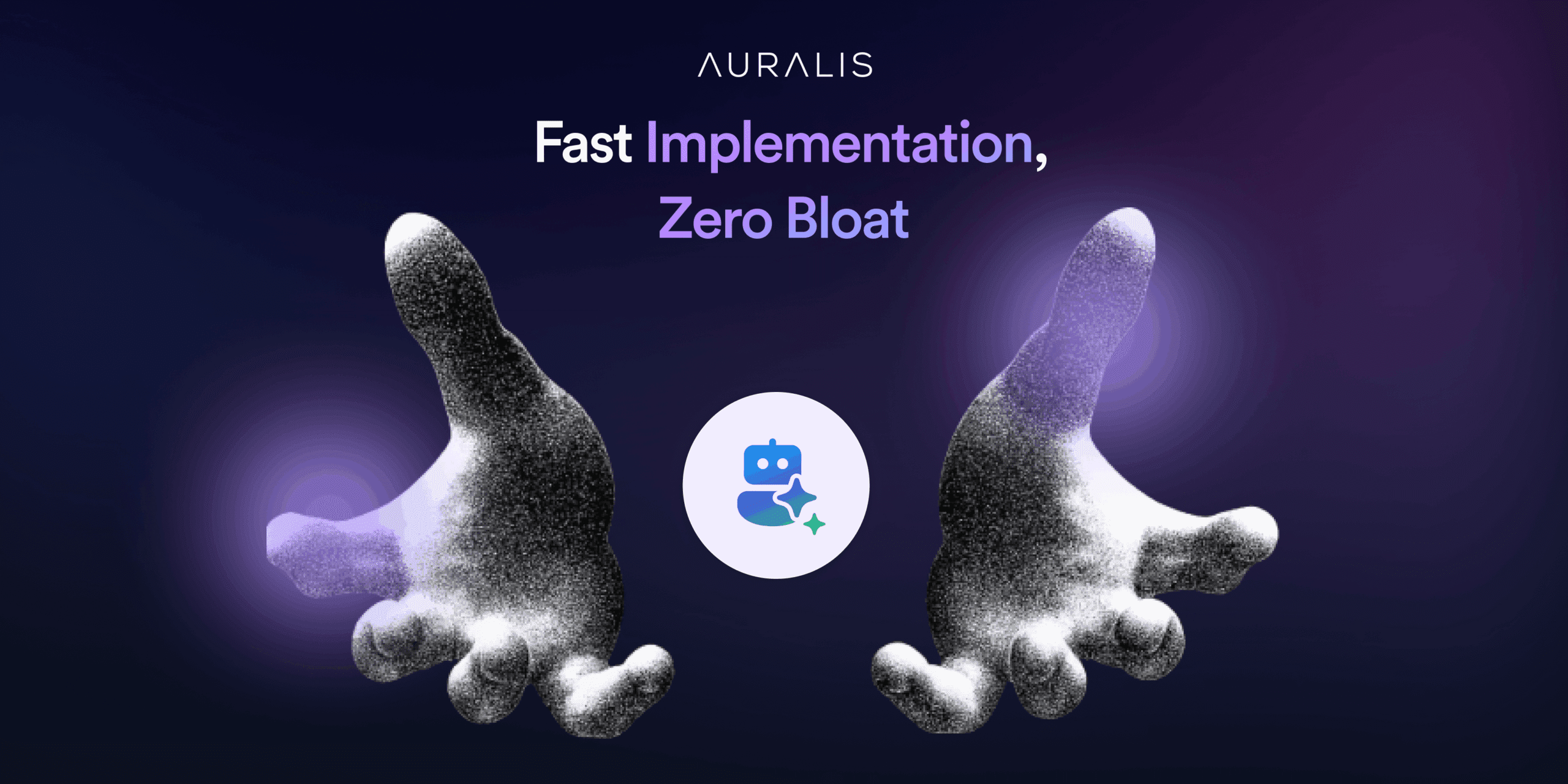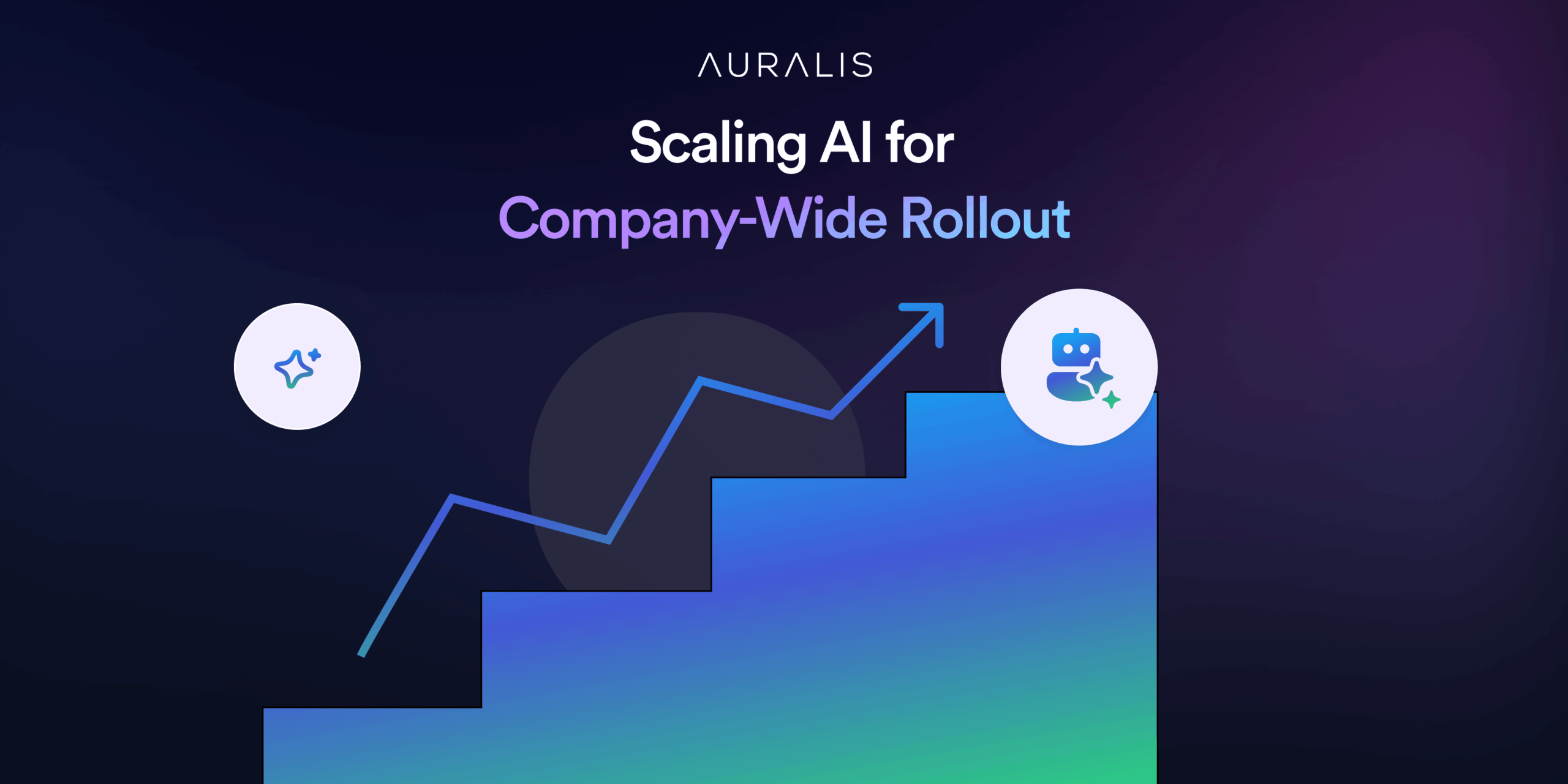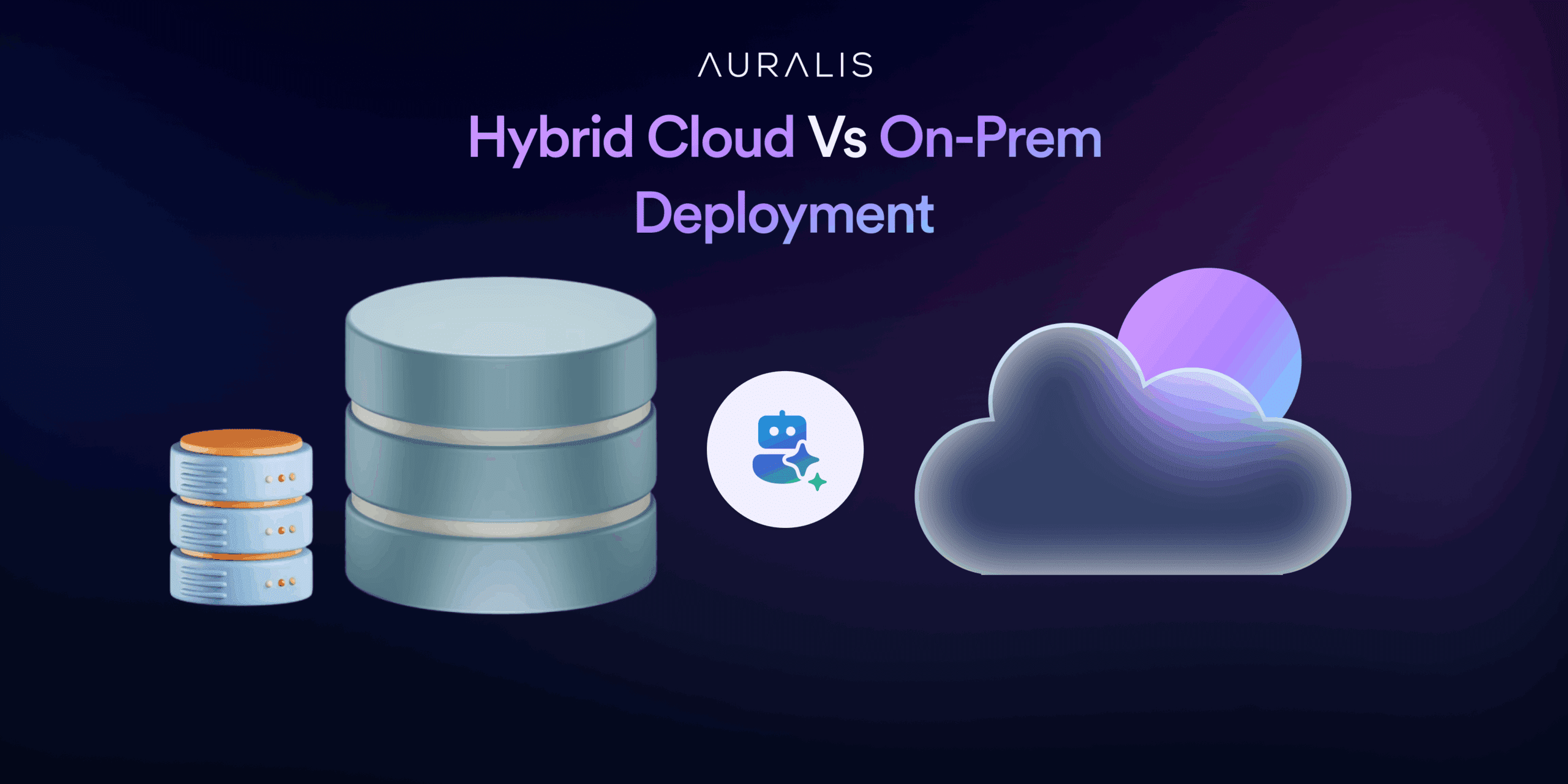The healthcare industry is inherently complex, with a myriad of medical treatments and services.
To top it off, there’s an influx of customer queries related to health conditions, treatment options, insurance coverage, appointment scheduling, medication information, and billing inquiries, among many other unique needs.
We’ve moved past the times when all of it was done manually. We now have access to AI-powered automation solutions that streamline processes, enhance patient experiences, and reduce the burden on healthcare providers.
In this post, we explore how these intelligent tools are transforming operations, patient care, and satisfaction among healthcare organizations.
Table of Contents
Why should healthcare providers automate patient support?
Some of the common challenges healthcare providers face include:
1. High volume of patient inquiries
Studies indicate healthcare call centers handle an average of 2,000 calls daily. Handling so many queries daily can get overwhelming, time-consuming, and error-prone.
With AI-powered automation solutions, healthcare providers can schedule auto-responses for common questions like appointment scheduling or prescription refills. Reducing the number of human-operated calls can bring down wait times and provide prompt support, while staff can handle core operations.
2. Resource constraints
Healthcare needs are on the rise and there aren’t sufficient staff members to handle them all. Staff members stretching themselves beyond the permissible limit cause delays and errors which affect customer satisfaction. It is also a blow to their health and work satisfaction takes a hit.
That’s where automation can save the day. AI solutions can manage the tedious tasks and daily chores of operations, leaving employees with ample time to focus on delivering high-quality personalized care. It also prevents staff from burnout.
3. Complexity of patient needs
Patient queries and needs are extremely unique in healthcare. Some need help navigating insurance policies, while others need help understanding treatment plans. Customers may even need assistance with medication.
Taking all of them manually leads to a lag in response time because of detailed conversations which can also be miscommunicated or misinterpreted.
AI-powered automation is equipped with the means to provide accurate and on-demand answers. Deploying AI can reduce human error, enhance accuracy, and improve response time.
4. Data management overload
Healthcare companies record, store, and handle a sea of patient data which includes bills and medical records. Storing and retrieving them manually is not only time-intensive but is also prone to the risk of errors and non-compliance with privacy regulations like HIPAA.
Automated systems are built to update, organize, and maintain databases in compliance with regulatory norms. They can spare companies the hassle of administrative burdens, risk of breaches, and legal implications or penalties.
5. 24/7 availability expectations
Healthcare is a time-sensitive industry that must be operated around the clock. Patients may need healthcare assistance at any time and traditional systems with staff fall short because staff availability at odd hours is a challenge.
Automation can help curb this shortcoming, by providing round-the-clock assistance. Getting 24/7 assistance helps meet customers’ needs and improves their satisfaction level without depending on staff availability.
Benefits of automating patient support with AI
Automation helps address challenges born out of manual processes and offers extra benefits that can change the requisites of healthcare operations. Let’s check some of them out:
1. Improved response time
Automated responses are faster compared to a staff addressing every query. IBM confirms AI chatbots can answer up to 80% of routine questions, thereby reducing wait time for customers. Whatever may be the query, customers can get them addressed anytime without delay.
2. Enhanced patient experience
Customers seek on-time and accurate information for their queries, more so in healthcare because it concerns their health. But, when it comes to simple tasks like scheduling visits or paying bills, patients prefer a digital self-service tool without the need to connect with staff.
AI-powered solutions can help with both case scenarios by providing quick, accurate, and around-the-clock assistance, as well as administrative tasks, all of which lead to improved patient satisfaction.
3. Operational efficiency and cost reduction
According to a report by McKinsey, healthcare organizations can save up to $200 billion annually through process automation.
Firstly, automating repetitive tasks can reduce administrative workload for staff. Secondly, it cuts down on errors and inconsistencies in processes and data maintenance. Finally, by optimizing administrative efforts labor resources can be put to better use and the money saved from optimization efforts can be allocated to improving patient care.
4. Consistency in communication
Human interactions come with the possibility of either information overload, gaps, or miscommunication. Automation can help with such inconsistencies and gaps, by providing accurate and standardized information always.
System communication not only eliminates miscommunication but also builds trust among customers and keeps companies shielded from healthcare regulatory mishaps.
5. Scalability to handle growing demands
Just like any other business, healthcare organizations are built to scale. Automation solutions make it possible to deal with the increasing volume of patient data with the same level of accuracy.
Manual systems need to be fine-tuned to handle increasing volume. Automation solutions however can adjust to the shift, even the sudden ones, and handle thousands of interactions simultaneously, without missing out on any inquiry.
Must-have automation for healthcare providers
Automation in healthcare is about saving time, transforming patient care, and enhancing operational efficiency. Here’s what’s best for you to automate:
1. Appointment scheduling and reminders
When you let automation handle booking, rescheduling, and sending reminders, you save so much staff time as well as minimize patient no-shows.
There are many ways to automate scheduling like a website, a separate booking page with available slots, or a text-based process where customers can text ‘Hi’ to a number, receive slot options and the instructions to choose one, and finally confirm it. Reminders help patients keep up with the visit time.
2. Patient inquiry management
Not all queries need staff’s assistance, and AI chatbots can answer the most common questions like “What are the clinic hours?”, while staff handles sensitive health, treatment, or medication-related questions
Chatbots are equipped with the capability to escalate sensitive queries like “I’m experiencing side effects from my medication” to staff members, or suggest follow-up actions.
3. Custom support workflows
Automation solutions do not just work the old-school way of taking down instructions and following them up. You can create workflows with AI-powered solutions customized for special cases or processes without human intervention.
One great example of custom workflow is scheduling post-surgery follow-ups that include setting an appointment, providing pre-visit instructions, a list of do’s and don’ts, and collecting necessary medical details.
4. Follow-up and medication reminders
For complex treatments that require strict monitoring, you can set automated reminders that keep patients on track with the treatments and increase outcomes.
It may include sending patients medication information and dosage reminders or sending in a quick questionnaire or feedback form to gauge the progress of treatment and offer extended support.
5. Data collection and record updates
Automated systems are built to feasibly handle the patient intake process, updating their medical records in real-time, storing them securely, and making them accessible in the future.
They often have easy-to-fill digital forms that patients can fill before a visit, from the comfort of their homes. The data is automatically collated, secured, and presented to doctors and nurses in a file during the visit for easy, quick, and accurate assistance.
6. Escalation Management
Automation systems are capable of so much more than just handling the most mundane administrative task. The new-age intelligent AI systems can understand the priority level of queries and take necessary actions.
They can detect special and high-priority cases like ‘a patient reported experiencing severe chest pain’, flag them, and immediately send out an alert to the appropriate physician or specialist for immediate action.
They can even send follow-up instructions advising immediate care instructions before professional help is given.
Why should you use AI-driven automation?
General automation systems and chatbots can handle the basics like answering only a particular set of questions and following a limited set of instructions.
Healthcare as an industry and service line demands tailored and more sophisticated support. The basic systems won’t suffice for an industry as personal as patient care.
For example, a patient experiencing side effects from a medication requires more than a generic response; they need accurate, context-sensitive advice based on their medical history and symptoms.
What your healthcare organization needs is AI-driven automation that goes beyond basic scripts because you need to offer personalized interactions, critical care, extreme caution, and quick assistance among many other quality services.
Studies emphasize that 80% of individuals are more likely to make a healthcare appointment if offered a personalized experience.
Personalization is possible only with access to data in real time. It is when you deploy systems that can pick up data insights and serve your customers with custom responses and assistance in real-time rather than working the traditional input-based way, that you can truly provide a personalized experience.
And that’s AI-driven automation for you.
AI-driven automation can analyze data in real-time, process inputs, patient intent, sentiment, and history. With access to all such sensitive yet intelligent data, AI-enabled systems can adapt to individual cases, better understand patient queries, and engage in a more meaningful and context-aware manner.
Such personalized conversations, solutions, and interactions show improved patient satisfaction and outcomes.
Conclusion
Healthcare needs custom workflows to handle the sensitive nature of tasks.
While automation systems boast about efficiency, not all of them can handle the complexities of the healthcare industry.
That’s where Auralis AI stands out.
We know what your patients need and can help you navigate the complex needs of your healthcare organization with ease.
Auralis AI is designed to help you set up highly customized and streamlined patient support workflows, as well as automate mundane administrative tasks, all the while reducing operational costs.
Want to know more? Book a demo today.











